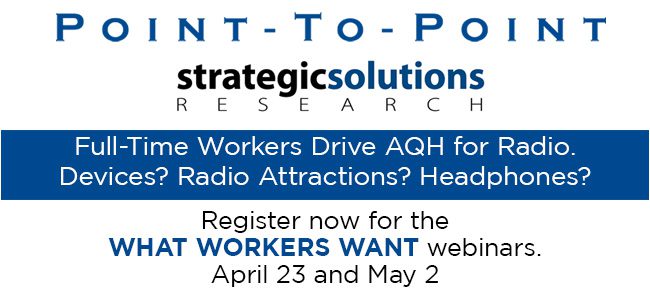 EEOC REPORTS JOB BIAS CHARGES HIT RECORD HIGH OF NEARLY 100,000 IN FISCAL YEAR 2010
EEOC REPORTS JOB BIAS CHARGES HIT RECORD HIGH OF NEARLY 100,000 IN FISCAL YEAR 2010
Retaliation Surpasses Race as Most Frequent Allegation;
Agency Obtains $404 Million for Victims
WASHINGTON ““ The U.S. Equal Employment Opportunity Commission (EEOC) today announced that private sector workplace discrimination charge filings with the federal agency nationwide hit an unprecedented level of 99,922 during fiscal year (FY) 2010, which ended Sept. 30, 2010.
Despite the increase in overall charges filed with the EEOC last fiscal year, the Commission dramatically slowed the growth of the charge inventory. As a result, the federal agency ended FY 2010 with 86,338 pending charges””an increase of only 570 charges, or less than one percent. Between fiscal years 2008 and 2009, the EEOC’s pending inventory increased 15.9 percent.
“We are pleased to see that our rebuilding efforts are having an impact on how efficiently and effectively the Commission enforces the civil rights laws protecting the nation’s workers,””said EEOC Chair Jacqueline A. Berrien. “Discrimination continues to be a substantial problem for too many job seekers and workers, and we must continue to build our capacity to enforce the laws that ensure that workplaces are free of unlawful bias.”
The FY 2010 data show that the EEOC filed 250 lawsuits, resolved 285 lawsuits, and resolved 104,999 private sector charges. Through its combined enforcement, mediation and litigation programs, the EEOC secured more than $404 million in monetary benefits from employers — the highest level of monetary relief ever obtained by the Commission through the administrative process — to promote inclusive and discrimination-free workplaces.
The FY 2010 enforcement and litigation statistics, which include trend data, are available online at https://www.eeoc.gov/eeoc/statistics/enforcement/index.cfm.
According to the FY 2010 data, all major categories of charge filings in the private sector (which include charges filed against state and local governments) increased. These include charges alleging discrimination under Title VII of the Civil Rights Act of 1964, as amended; the Equal Pay Act; the Age Discrimination in Employment Act; the Americans with Disabilities Act; and the Genetic Information Nondiscrimination Act (GINA). Last year, for the first time ever, retaliation under all statutes (36,258) surpassed race (35,890) as the most frequently filed charge, while allegations based on religion (3,790), disability (25,165) and age (23,264) increased. In its first year of enforcement, the EEOC received 201 charges under GINA. Historically, race had been the most frequently filed charge since the EEOC became operational in 1965. https://www.eeoc.gov/eeoc/statistics/enforcement/charges.cfm.
The surge in charge filings may be due to multiple factors, including economic conditions, increased diversity and demographic shifts in the labor force, employees’ greater awareness of the law, improvements in EEOC’s intake practices and customer service, and greater accessibility to the public.
The FY 2010 data also show:
“¢ The mediation program ended the year with a record 9,370 resolutions, 10 percent more than FY 2009 levels, and more than $142 million in monetary benefits;
“¢ The EEOC also expanded its reach to underserved communities by providing educational training, and public outreach events to approximately 250,000 persons;
“¢ The agency continued its concerted effort to build a strong national systemic enforcement program. At the end of the fiscal year, 465 systemic investigations, involving more than 2,000 charges, were being undertaken;
“¢ The EEOC resolved a total of 7,213 requests for hearings in the federal sector, securing more than $63 million in relief for parties who requested hearings. The agency also resolved more than 4,600 federal sector appeals — 400 more than in FY 2009.
The EEOC enforces federal laws prohibiting employment discrimination. Further information about the Commission is available on its web site (www.eeoc.gov).


